A few weeks ago I went to Cortona for Cortona on the Move with Canon Italia where I Interviewed Donna Ferrato.
Born in Buffalo and raised in NYC, Donna is a photojournalist and activist who worked and was published by Time, The New York Times, People and many more, she won the W. Eugene Smith Grant, and she dedicated most of her career documenting domestic violence in the US through her project “Living with the enemy“. She was in Cortona for the launch of her exhibit American Woman.
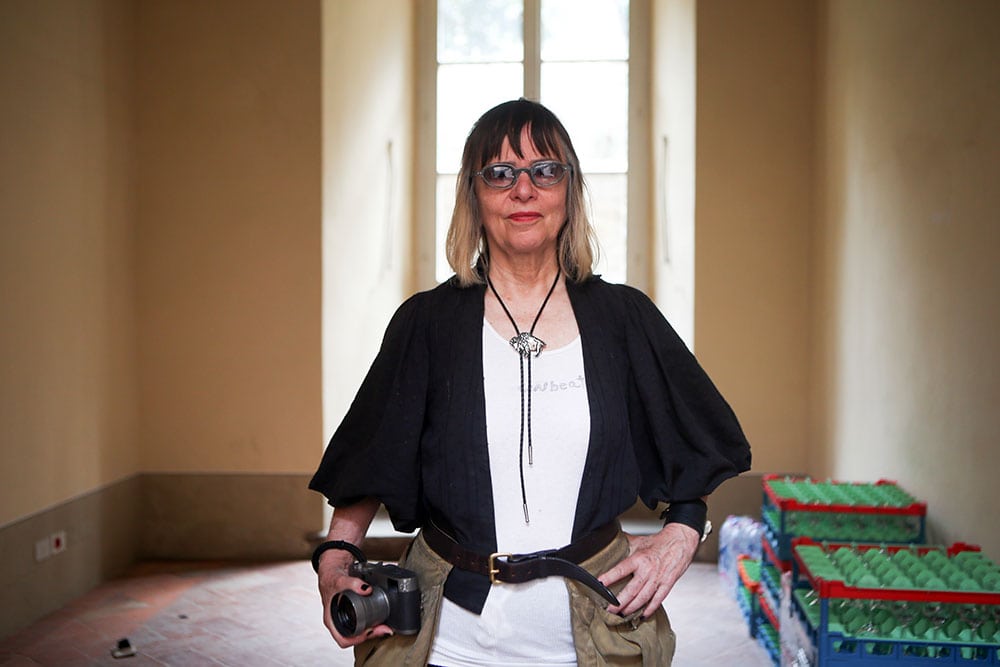
Donna Ferrato a Cortona on the Move
Let’s start with the most obvious question. How did you get into photography?
I grew up around photography, My father introduced me to that world. He was always taking pictures, he was my inspiration.
How old were you when you started photography?
I was 28, before I was a secretary. Then one day I started like that, in a natural way, observing, waiting.
What’s your favorite thing about photography?
The amazing feeling of having a camera in my hand and being just you and her crossing life together, seeing everything but not photographing everything. A good image, the kind you want to keep forever needs time. It’s amazing when all the elements come together in the frame, because I waited for them, I observed them, it’s like I’m a hunter when I have my camera in my hands.
How did you started your project on domestic violence?
When I started it I wanted to do a project on sex and love, following a couple in their daily life, in their intimacy. Then everything turned into a turbulent situation. See, photography for me is both yin and yian, it’s not just one thing, it’s not just one point of view; I was attracted by the extremes and by the rules of the human sexual behavior so I went in that direction.
How did this project affected you emotionally?
At the beginning i was shocked. Then it was awakening though. It helped me dealing with some issues I had from my past. When I was in college I’ve been raped, it was 68 in SF, everyone told me not to talk about that, to not be weak. When I got older though I realized it was wrong to not say anything and it made me want to push harder on the topic of domestic violence, I wanted to tell stories of women that went through similar situations as accurate as I could. I wanted to understand the social attitude towards the problem. It made me stronger and it made me face honestly what had happened to me.
Has the world of photography changed a lot from when you got started?
Absolutely! It took me years to start being published and start earning money and make a living with photography. Today it’s so much easier to make money, but unfortunately this is devaluing photography as an art because too many young people get into for fame and money and they forgot that is a privilege to look through a viewfinder.
Describe your creative process…
Almost all of my projects never end. I start by doing research, I talk to people, I meet those who can teach me something on the subjects and then I spend time with them, I watch them, I put myself in the situation with them and I let them know me. It can be off-putting to always have someone with a camera around so I enter into those people’s lives gently, then I start taking pictures.
Thoughts on women in photography?
They are getting stronger. I like Stephanie Sinclair e her project ‘Too Young to Wed’, it’s incredible what she has exposed and how many women she helped.
I hate this question but I’ll ask it anyway…what’s your kit?
Just a camera, you know, one of those with batteries and a flash, every camera works for me. I like Leicas cause I’ve always used them but my phone is good too.
Why black and white?
B&W shows more. Color is good too but it can be deceitfully normalizing, too calm. Look at this picture here on this flyer, these tones make us feel calm, but if it was b&w it would have made you feel a different way.
What’s your purpose in your images?
I want people to understand how I think, not how I see.
Any advice for aspiring photographers?
Don’t take pictures all the time, it’s boring! Go out, go do something else too!

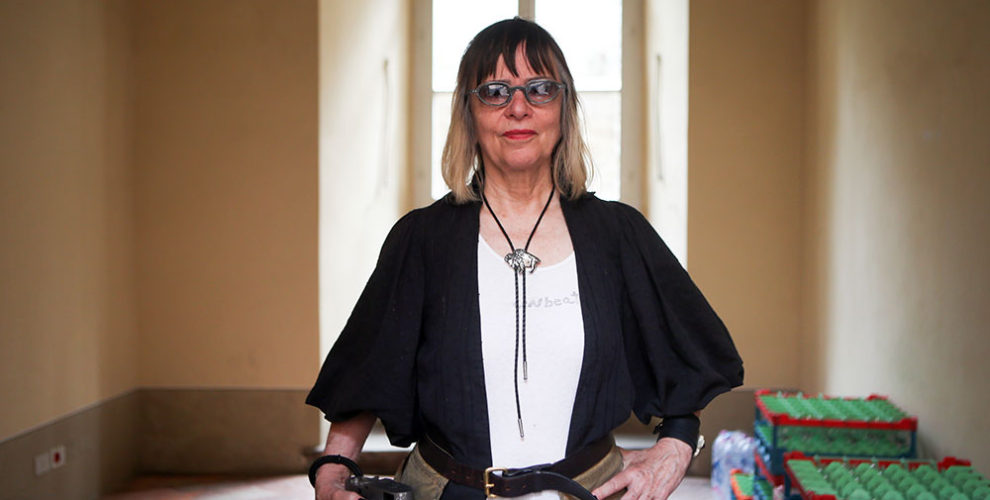




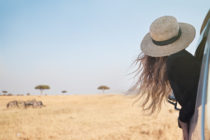
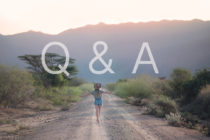
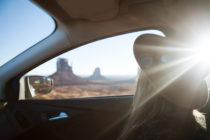
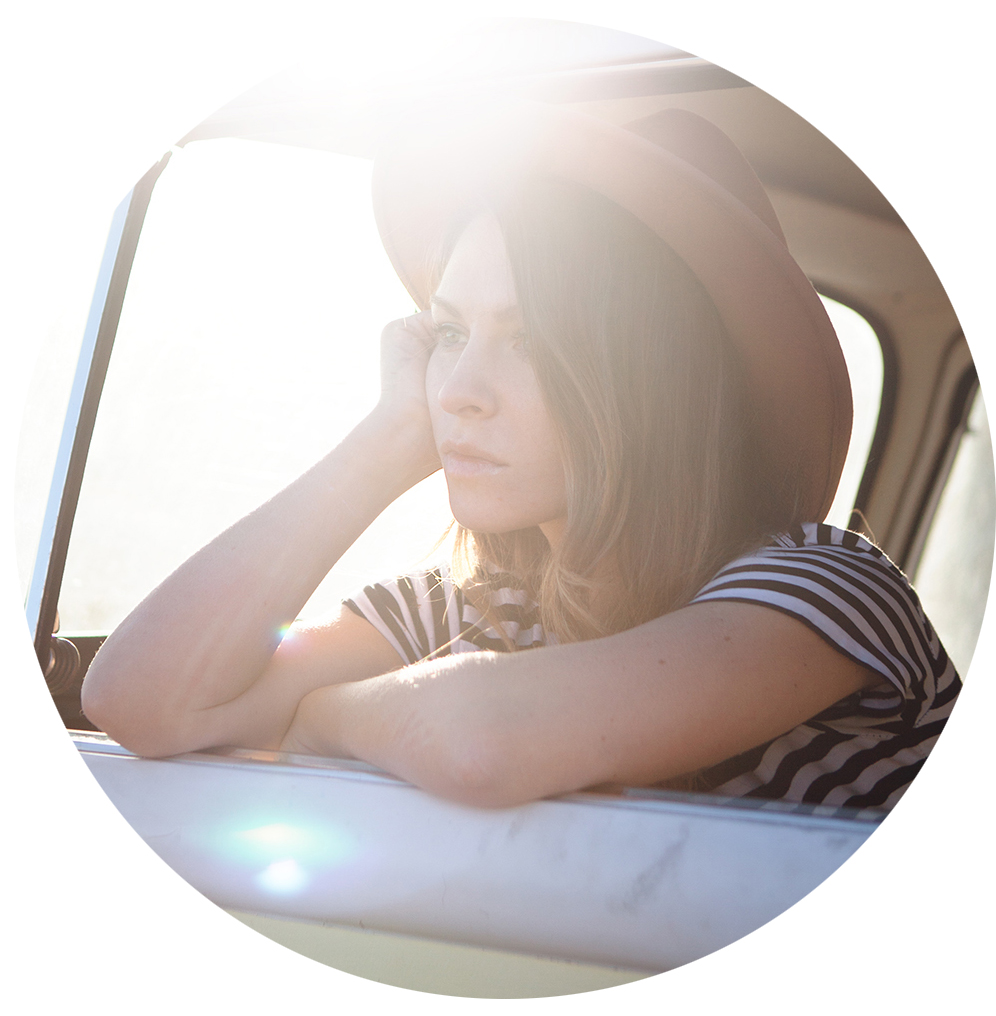
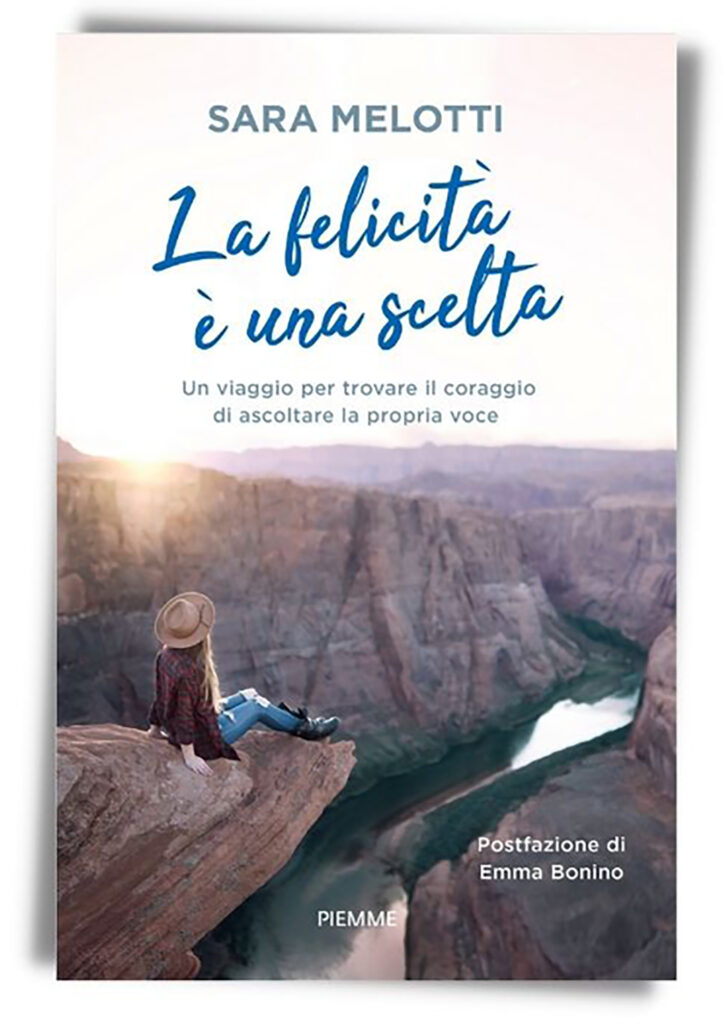
2 Comments
Lena
Good interview, Sara! Nice to read about strong, dedicated and self-made women 💜💜
Darshan Gajara
Enjoyed the interview, Sara. The projects you ladies are working on are really essential to the society.
On a side note, I found many typos here, may be you had very little time to work on.